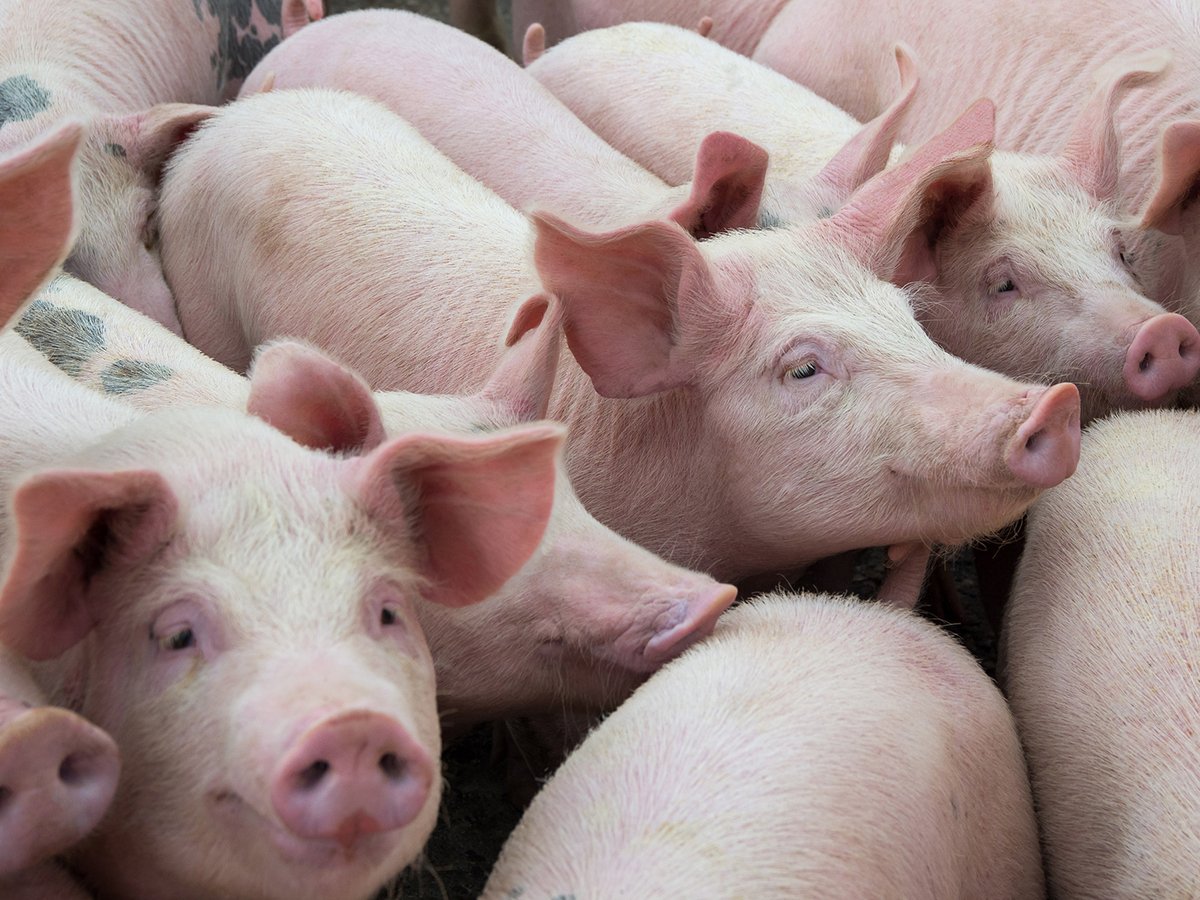BANFF, Alta. – Lammert Lysenga is not one to shy away from a challenge.
In fact, it was the trials he thought he might face growing alfalfa seed that prompted him to try it on his irrigated farm at Rosemary, Alta.
“Anyone can grow wheat and barley,” said the southern Alberta farmer.
Eighteen years later, half the family farm he works with his children, Trevor Lysenga and Bonnie Spragg, is dedicated to certified alfalfa seed production. The rest is planted in cereals rotated with alfalfa.
Read Also

Quebec pork company calls for transparency around gene-edited pigs
Quebec-based pork company duBreton is calling for transparency around meats from gene-edited pigs on concerns that a lack of mandatory labelling will confuse consumers, and dilute certification claims. The organic sector is also calling for labelling rules.
The first year of production earned Lysenga $1.85 a pound with a yield of about 200 lb. per acre.
Now, the farm yields about 400 lb. per acre but the price has fluctuated from 65 cents to $1.25 per lb. over the 18 years.
In addition to the attractions Lysenga saw in taking on the challenges of growing and harvesting a seed one-third the size of canola, his farm also needed a crop that could compete with weeds.
Quackgrass is a problem in the area so grass seed production is not sensible.
Economics was another reason for selecting alfalfa.
The farm consists of high-priced irrigated land so a high value crop is necessary to pay for the land. They are too far north for other cash crops like vegetables or potatoes.
Alfalfa seed is generally grown on irrigated land, but needs the hot, dry climate to produce.
“The drier conditions, especially on the alfalfa side, force the plants to grow seeds. Alfalfa won’t set seeds in a wet weather climate,” said Spragg in an interview at the alfalfa and forage seed producers association’s annual conference in Banff, Alta.
Grown under three-year contracts, alfalfa seeding starts in May at a rate of less than a pound per acre
Alfalfa planted for forage production goes into the ground at the rate of 15 lb. per acre.
The first year it serves as a cover crop. The second year the plants set seed. After harvest in mid-September, they turn out their 200 cows for grazing, although this year they took advantage of high feed prices and baled it for the first time.
They try to get four years of production from a crop and then plow down the fields to plant a cereal crop for two years. This helps remove volunteer plants so a new seed variety can be sown.
Lysenga served as president of the irrigated Alfalfa Seed Producers Association for seven years. Now, Spragg is president.
Alberta grows about 18,000 acres of certified alfalfa seed each year with the largest markets in Ontario and the United States.
Saskatchewan has about 100,000 acres of mostly common seed and Manitoba grows about 60,000 acres of certified seed.
The industry is worth close to $20 million for Alberta growers including the value of the raw product and processed seed, said Gordon Frank of Alberta Agriculture.
Alberta produces about half of Canada’s supply of grass seed. Producers planted about 400,000 acres worth $65 million a year, according to Agriculture Canada’s 2001 census figures.
Most of Alberta’s grass production is in the Peace River region where creeping red fescue is the most widely grown. About 80 percent of the grass seed is exported, with a large share going to the U.S.















